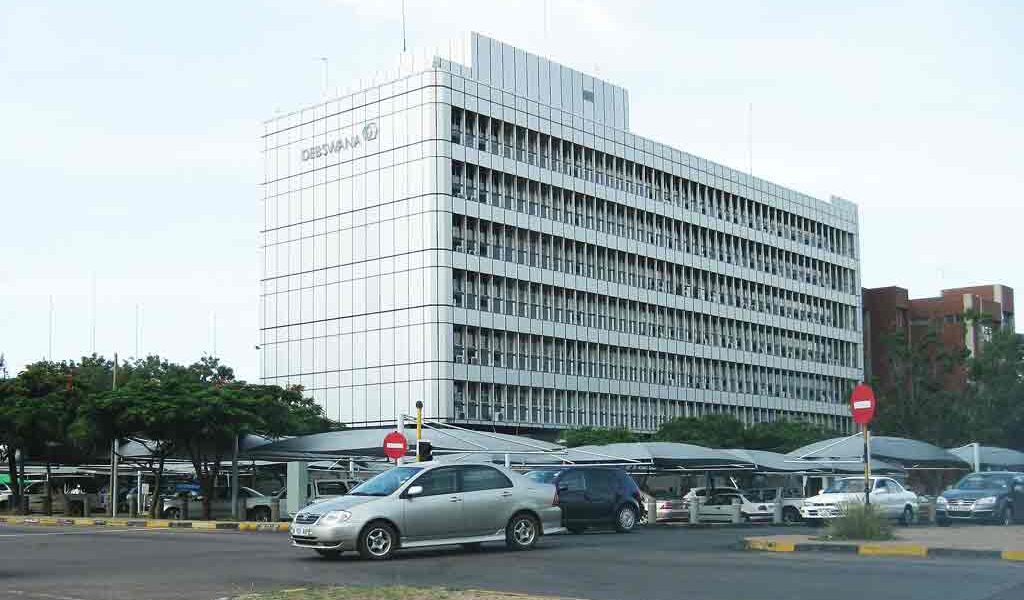- Describes fee as “outrageous and preposterous”
GAZETTE REPORTER
The Court of Appeal (CoA) has overruled the Gaborone High Court’s judgment ordering Debswana Mining Company to pay P110 million with a ten percent annual interest to Infotrac (Pty) Ltd.
The ruling according to judges was centered around discrepancies in the timelines of payment, project costs, and the authorisation of the work in question.
Breach of contract
The case stemmed from an alleged breach of contract between Infotrac and Debswana, dating back to an oral consultancy agreement established in 2018. Infotrac had sought relief from the High Court, claiming that Debswana failed to honor their agreement.
Lobbying work
Infotrac’s Managing Director, Mompoloki Motshidi, asserted that his company was engaged by Debswana to lobby for the appointment of the late Debswana Managing Director, Albert Milton, upon the retirement of Balisi Bonyongo. This lobbying work included engaging with stakeholders on Milton’s behalf. However, Debswana, represented by their lawyer, John Carr-Hartley of Armstrong Attorneys, disputed Infotrac’s version, stating that the engagement was with Milton in his personal capacity.
In favor of Infotrac
The High Court in 2022 ruled in favor of Infotrac, with Justice Abednego Tafa asserting that he found the plaintiff’s version to be more credible. He said he believed that Infotrac had proven its claim on a balance of probabilities and rejected Debswana’s argument that the head of security, a part of the Debswana executive, would not be expected to enter into such contracts. Justice Tafa also noted that there was no reason to believe that Motshidi should have known Debswana’s internal procurement procedures, as he was entitled to assume that the Debswana executive officers were authorized to conclude the contract.
Inconsistencies in the evidence
However, the Court of Appeal’s decision has now reversed this judgment. The higher court highlighted inconsistencies in the evidence presented during the trial and raised doubts about the existence of a valid agreement between Infotrac and Debswana.
“In our view, the High Court failed to follow the steps laid down in the Stellenbosch farmers’ case and to evaluate the evidence before it. All these inconsistencies, coupled with the contradictions between the evidence and pleadings, create doubt as to whether there was ever an agreement between the appellant and the defendant,” the Court of Appeal ruling states.
The court further questioned the probability of a P110 million fee, considering that only three individuals were allegedly lobbied. The ruling described the alleged fee as “outrageous and preposterous” given the nature of the work attributed to the respondent, which “defies any semblance of probabilities.”
In favor of Debswana
Consequently, the Court of Appeal ruled in favor of Debswana, concluding that the respondent had not proven their case on a balance of probabilities. The judgment emphasized that the probabilities favored the appellant (Debswana), leading to the dismissal of the plaintiff (Infotrac)’s claim.
In a post-judgment response, Mompoloki Motshidi, expressed his frustration with the recent Court of Appeal decision that overturned the High Court’s ruling in his favor, wherein he claimed Debswana owed him P110 million for intelligence work.
He stated: “I accused the judges of a conflict of interest, not out of spite or a desire to undermine the integrity of the judiciary, but out of a profound belief in the principles that our legal system supposedly upholds fairness, impartiality, and justice. But it appears they had a different agenda away from the case I was raising.”
“I firmly stand by my assertion that I lost not to Debswana but to a judicial system plagued by conflicts of interest. It is a system where the scales of justice seem to tilt towards the powerful, where the voice of the common man often goes unheard, and where the promise of justice for all remains elusive,” he asserted.
Motshidi also expressed his dissatisfaction with the way his concerns were handled by the Court of Appeal judges, stating, “My concerns were totally ignored by the CoA judges. At some point, I felt like a cockroach seeking justice in a court of chickens.”

